How Ford got hit with the largest verdicts in Georgia
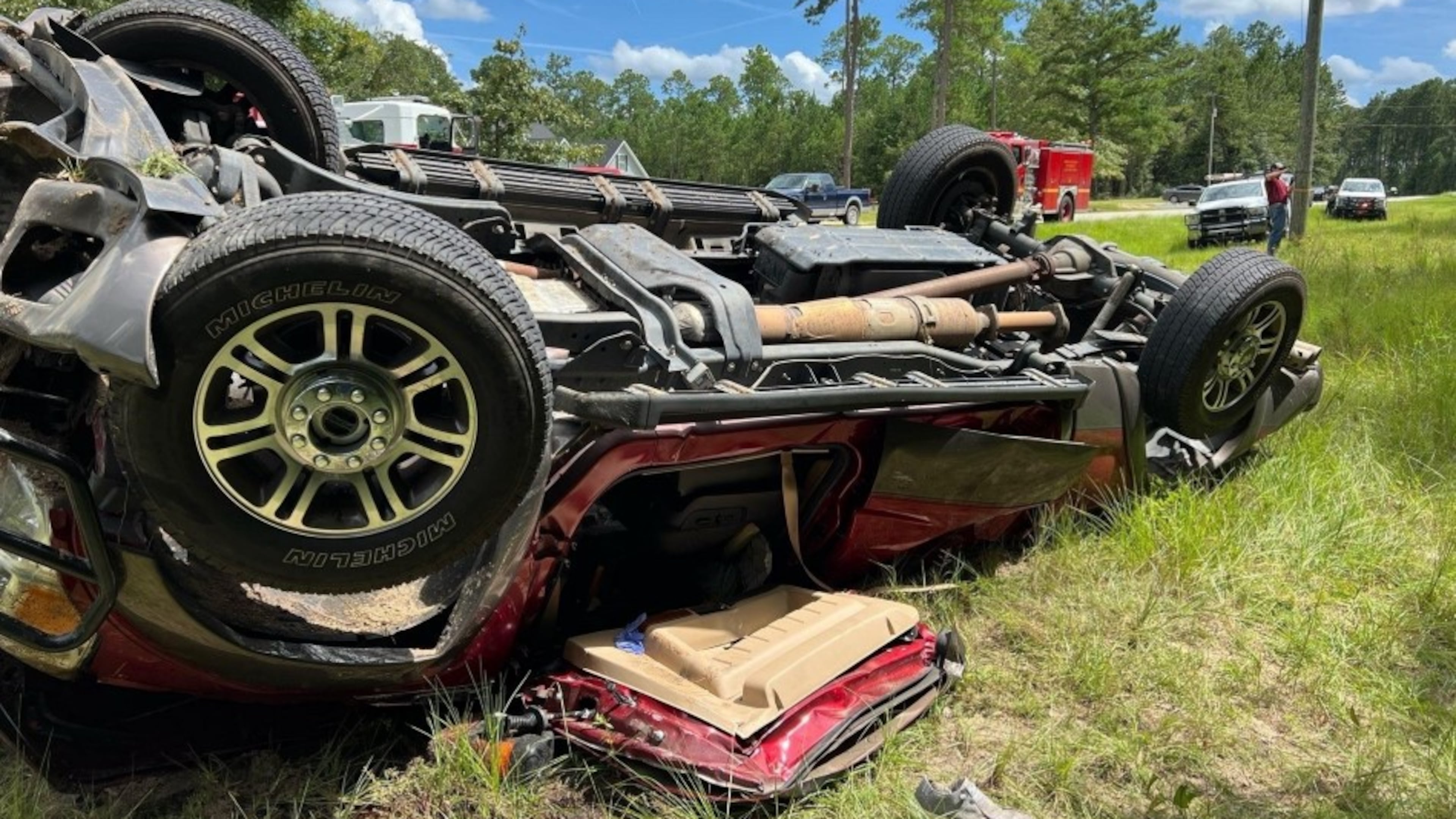
When Ford Motor Company and its lawyers lost at trial in two Georgia lawsuits about couples fatally injured in truck rollovers, the company blamed the billion-dollar verdicts on a broken judicial system.
Douglass Lampe, Ford’s longtime in-house lawyer, told Gov. Brian Kemp and state legislators the “outrageous” $1.7 billion verdict imposed on the company in 2022 by Gwinnett County jurors was the result of multiple flaws in Georgia’s litigation rules.
The case became a poster child for so-called nuclear verdicts as Kemp pushed for an overhaul of the state’s civil litigation system in early 2025.
As that effort was underway, a federal jury in Columbus slapped Ford with a second $2.5 billion verdict, replacing the $1.7 billion verdict as the highest in Georgia’s history.
Ford has just confidentially settled both cases without admitting any wrongdoing.
Lampe says Ford does not comment on closed cases, but he said he still believes manufacturers are treated worse under Georgia law than other industries, which benefit from caps on punitive damages. He also said Georgia judges are too liberal with exceptions to lawsuit time limits.
“It is not fair to manufacturers to have to defend 15-year-old products by the standards and values of today’s jurors,” Lampe told The Atlanta Journal-Constitution.
But others attribute the massive verdicts to Ford’s conduct, including its unwavering denial of the core allegation that the roof in its 1999-2016 Super Duty trucks is unnecessarily and dangerously weak and crushes occupants in rollovers.
As of March 2025, there were 3.6 million of those pickups still registered in the U.S., according to Ford data filed in court. There has been no recall for the roof.
Two shattered families
The Georgia cases accused Ford of putting profit before people, with deadly consequences.
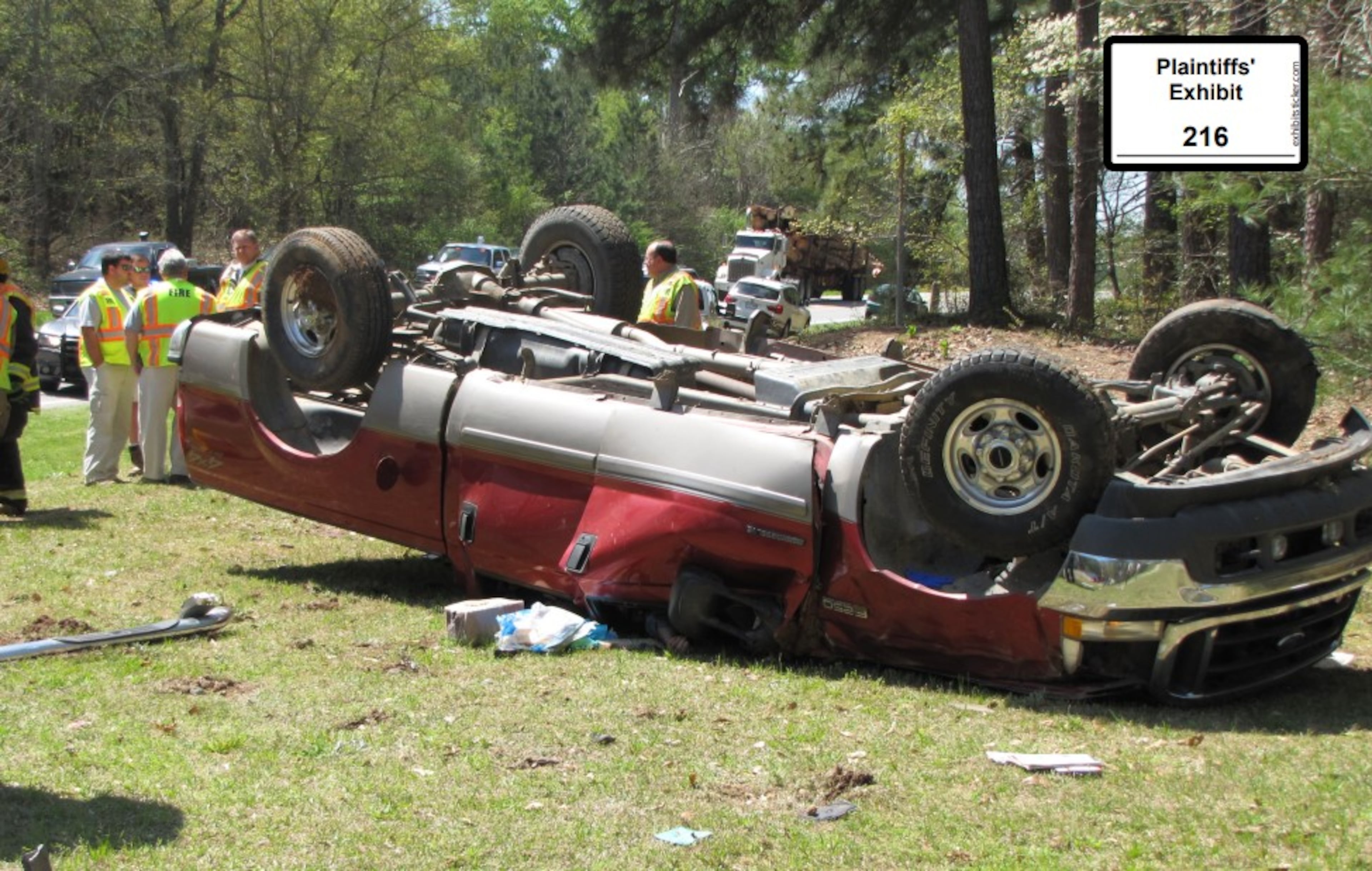
The victims were Voncille and Melvin Hill, farmers from Middle Georgia, and Herman and Debra Mills, recent retirees from the state’s southwest, where they owned a welding business. They died in 2014 and 2022, respectively, after their Ford F-250 Super Duty pickups rolled in separate incidents.
Melvin Hill, 74, was driving his 2002 truck near Americus with his 62-year-old wife in the front passenger seat when a tire blew out and they crashed. Both died at the scene.
The Millses’ 2015 truck veered off the road while Debra Mills, 64, was driving in Decatur County with her 74-year-old husband beside her. She died in the truck, and he died after nine days in a Florida hospital.

Jurors in the Hill case awarded $24 million in compensation to the couple’s two sons, finding Ford 70% to blame. They attributed the remaining fault to Pep Boys, which had already settled claims that it put the wrong tire on the truck.
In the Mills case, the couple’s three sons were awarded $30.5 million in compensation. Ford was deemed to be 85% at fault and Debra Mills 15% responsible.
Jurors in both cases decided Ford should be further punished and imposed additional damages on the company, of $1.7 billion and $2.5 billion, respectively.
A mountain of evidence
Georgia attorney Jim Butler led the lawsuits and spent 11 years collecting tens of thousands of documents from and about Ford and its vehicles, including rollover crash test results with roofs of varying strengths.
He said the evidence shows Ford sold around 5.2 million 1999-2016 Super Duty trucks without spending $100 apiece, or $520 million, to strengthen the roof, knowing it was subpar.
The company’s before-tax profit on the trucks was $25 billion, court records show. About 156,000 of those vehicles were sold in Georgia.
“Ford obviously made a calculation that cutting costs would increase profits by more than paying off the victims would cost,” Butler told the AJC.
Butler said Ford’s own documents contradict its lawyers’ argument that a stronger roof wouldn’t save occupants in rollovers.
Ford’s lawyers said the trucks were vetted by the National Highway Traffic Safety Administration and had other enhanced safety features.
The evidence against Ford included nearly 300 lawsuits stemming from more than 100 allegedly similar incidents, many of which Butler was allowed to tell jurors in the Mills case about.
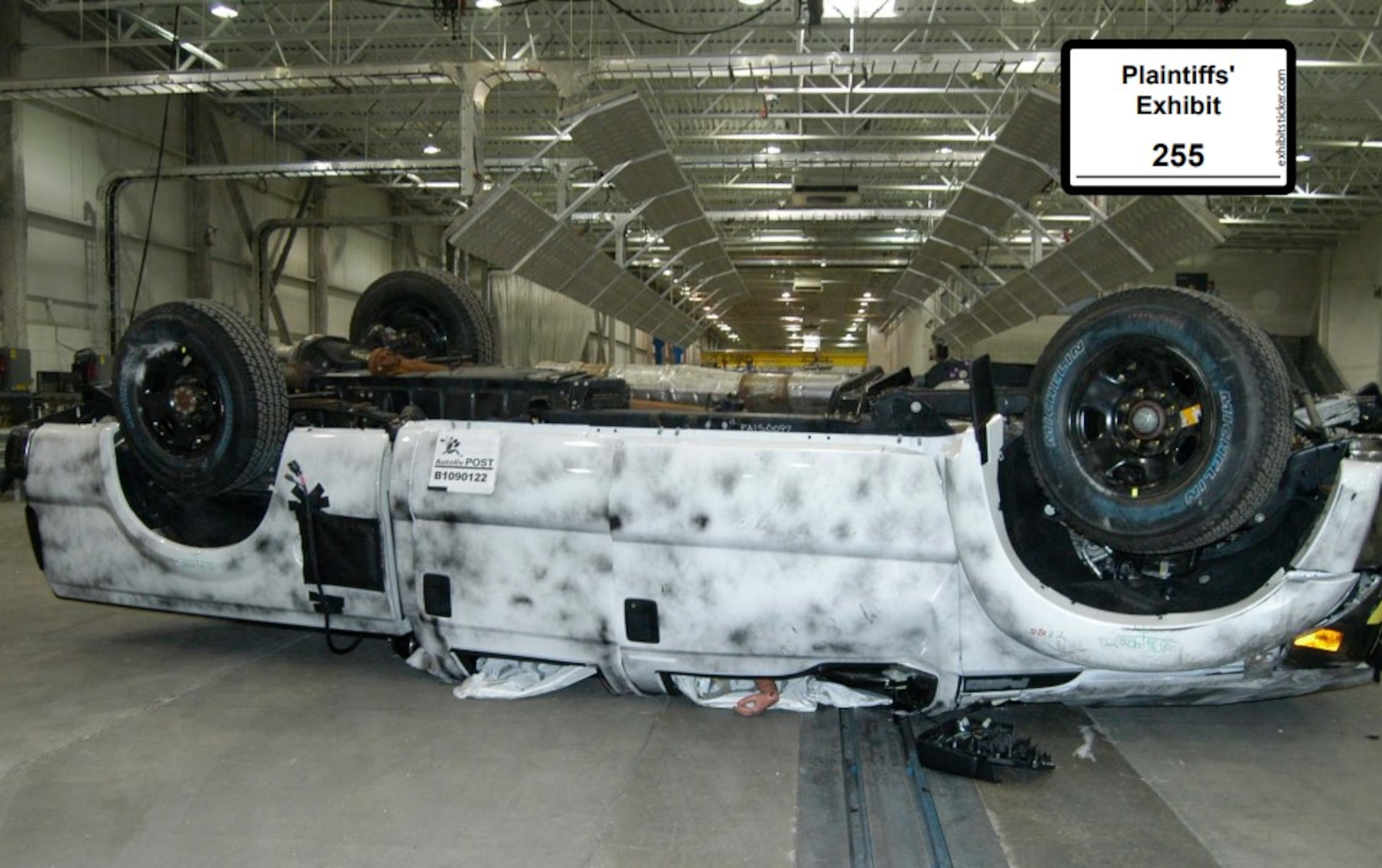
“Ford believes that jurors should decide the case based on the facts of that case and that accident, rather than allow the trial lawyers to redirect the jury to dissimilar accidents,” Lampe told the AJC.
Butler said Ford created a trap for itself because it would likely cost the company tens of billions of dollars to admit the roof is inadequate, as more than 3 million of the trucks remain on the road and would have to be recalled or bought back.
“They have to keep saying these trucks are absolutely safe. And they have to keep saying that roof strength doesn’t matter,” Butler told the AJC. “And nobody believes that.”
The fact that Ford hasn’t used the roof since 2016 is a mitigating factor in the company’s favor, one of its lawyers told jurors in the Mills case before they decided punitive damages.
Roller-coaster court battle
Though the Georgia cases were similar, the path to their verdicts was not.
The Hill case began in Cobb County in 2014 and was moved 18 months later to Gwinnett County by the plaintiffs, who wanted more time to gather evidence and blamed Ford for withholding documents.

Lampe told state lawmakers the Gwinnett judge assigned the case, Shawn Bratton, was biased toward the plaintiffs, who shouldn’t have been allowed to restart the litigation there.
Bratton sanctioned Ford in 2018, finding it deliberately caused a mistrial by showing jurors evidence he’d ruled out. As a result, Ford’s defense was limited at the 2022 retrial, when different jurors decided the verdict.
In 2024, the Georgia Court of Appeals decided Bratton was too harsh on Ford and scrapped the huge verdict, though the court also held that the company could be sanctioned for its conduct in the 2018 trial. The Georgia Supreme Court declined to review that decision, and a third trial was in the cards when the case settled.
The Mills trial in February 2025 came about 20 months after the lawsuit was filed. Butler and his team had more evidence, including Ford’s 2015 rollover test results with a stronger Super Duty roof, not disclosed by the company until 2024.
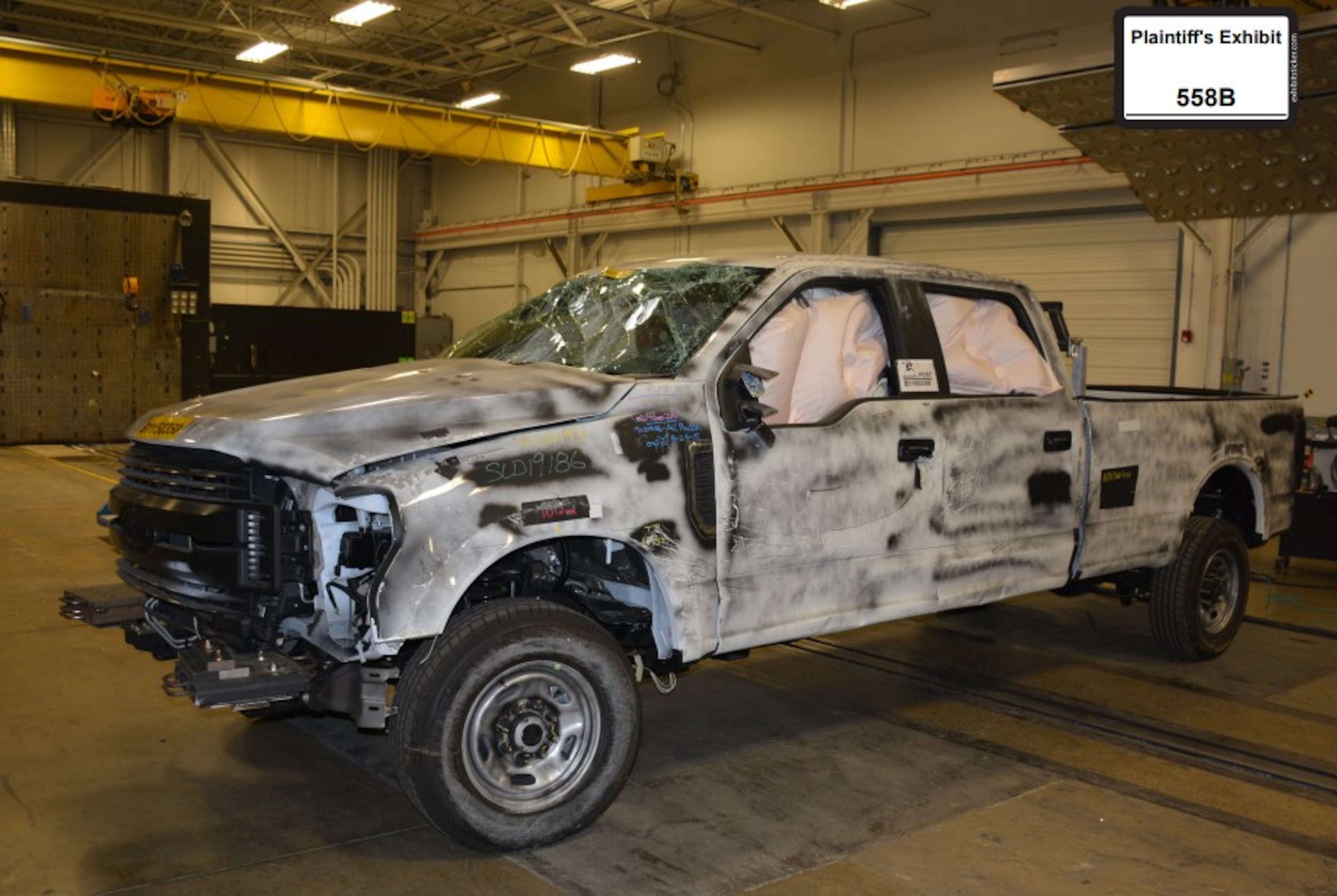
None of Ford’s employees attended the Mills trial to defend the 1999-2016 roof, as Butler kept telling the jurors. He told the AJC the testimony of Ford’s corporate representatives at the Hill trials didn’t make Ford look good, and neither did their absence in the Mills trial.
Ford’s lawyers, including former state Supreme Court Chief Justice Harold Melton, worked to persuade the jury that the Millses’ deaths had nothing to do with the roof. The defense witnesses included two former Ford engineers.
In her closing argument, Ford’s lawyer, Elizabeth Wright, said Debra Mills lost control of the truck during “a cardiac event” and Herman Mills died because of his “poor health.” Wright also suggested Debra Mills wasn’t wearing her seat belt properly.
That defense was one Ford was barred from using in the Hill case although Lampe made the argument at a public policy discussion with Kemp in October 2024.
“Everybody in the courtroom knew why they were injured, except the 12 people that mattered,” he said.
Butler said Ford can’t resist victim-blaming because its roof is indefensible. He encouraged the jurors in both cases to consider Ford’s wealth in deciding punitive damages.
“There are lots of reasons the amount should be huge,” Butler told the Mills jurors when suggesting $10 billion was appropriate. “This is your opportunity to do justice on behalf of everybody.”
The Jim Butler effect
This was not Butler’s first rodeo. He has been winning nine-figure verdicts against automakers, including General Motors and Chrysler, since the 1990s.
Butler’s top 10 verdicts, including seven in Georgia, total more than $5.5 billion.
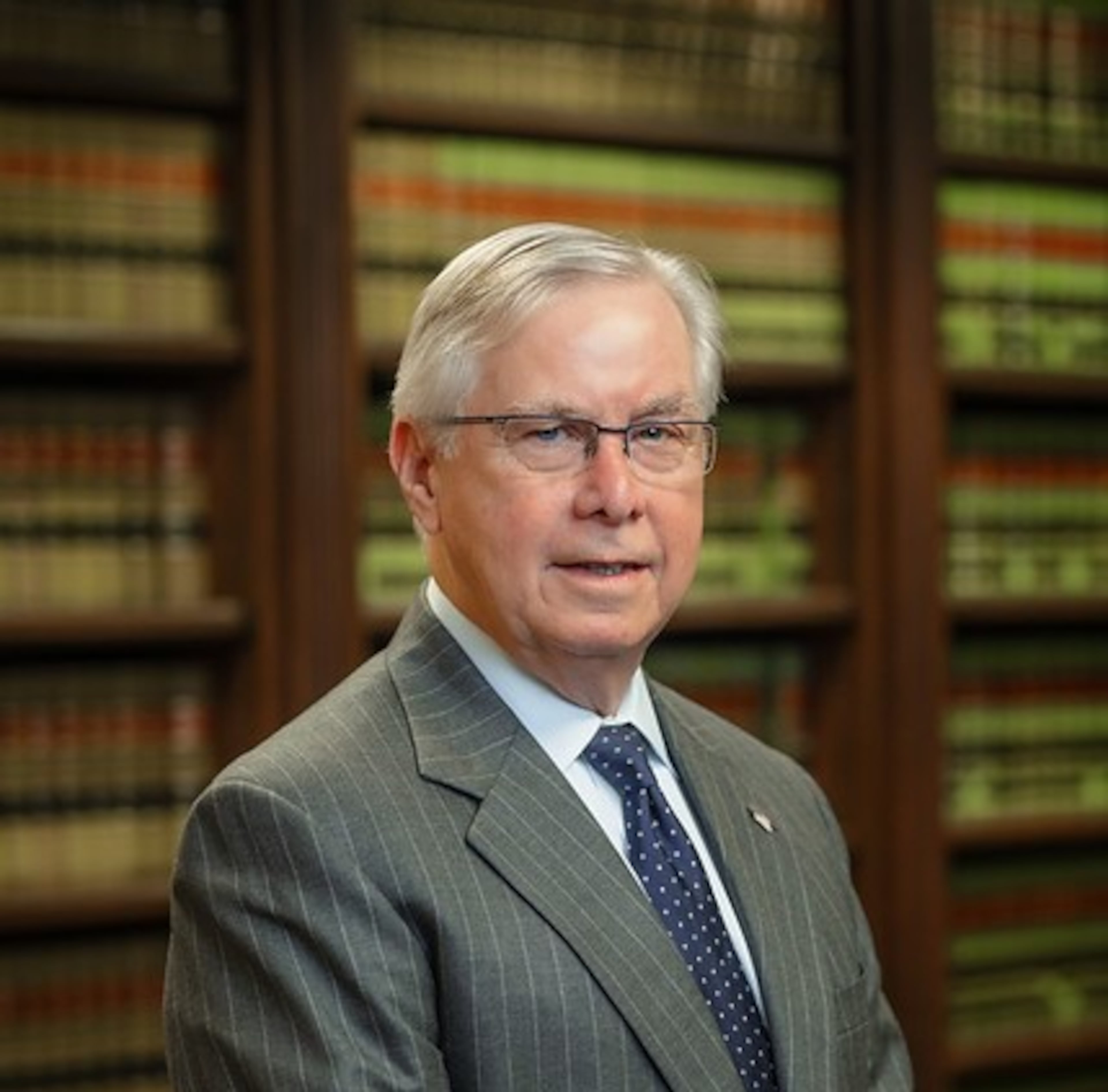
“Most lawyers in Jim’s position would be sitting on a beach somewhere,” said Butler’s law firm partner, Ramsey Prather. “I always find Jim sitting at his desk, working on a client’s case.”
One of Ford’s lawyers acknowledged in the Mills trial he can’t appeal to a jury like Butler can. Charlie Peeler, a former U.S. Attorney for the Middle District of Georgia, told the jurors he is not as good at telling stories, quoting people or being entertaining.
Butler is “a separate breed from most,” said Tab Turner, a renowned Arkansas-based plaintiff lawyer with a nine-figure verdict against Ford. Turner said he’s known Butler for close to four decades and can’t think of anyone who has come anywhere near his success in their line of work.
“That’s a very small club of attorneys who have taken one case, one family, one client, and are able to convince a jury to award that family over $100 million,” Turner told the AJC. “There’s a lot of people who advertise that they do this kind of work, but there are few that do it at the level of Jim Butler.”
Turner said Butler tends to work harder than anyone else and carries an aura of righteous indignation into the courtroom when people are wronged.
“He is himself, and it’s very easy for people to trust that,” Turner said.


